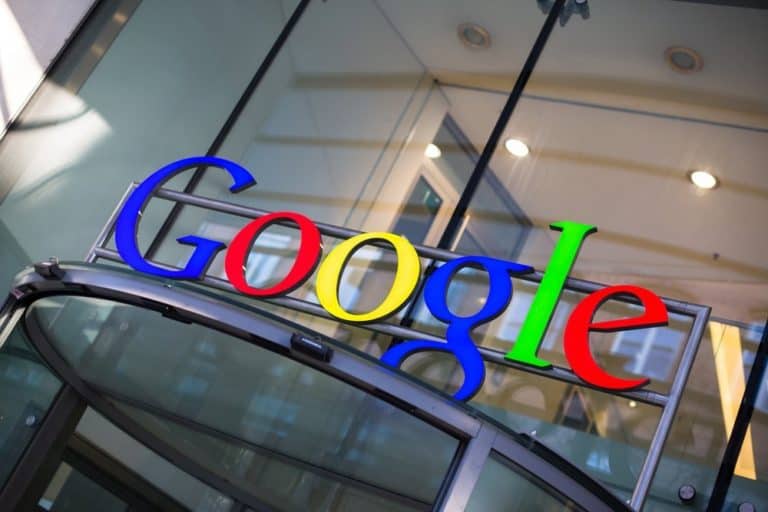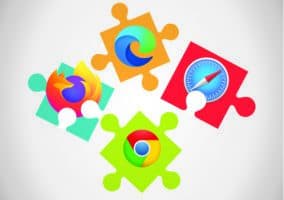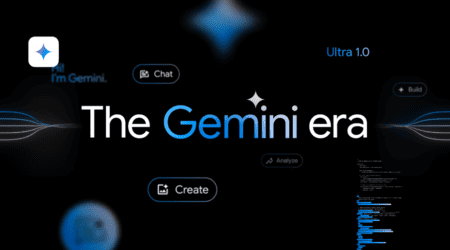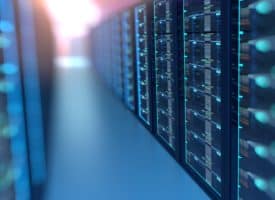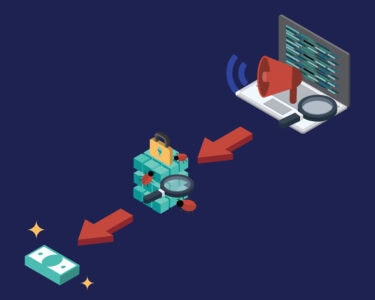TensorFlow is Google’s open source artificial intelligence (AI) framework, designed to run machine learning, deep learning, and predictive analytics workloads. This framework is now also being given an enterprise version, with support for larger machine learning projects.
TensorFlow is a framework that makes it easier to collect data, train models, deliver predictions, and better align future results. At the beginning of this month, the second version of the framework was made available, and now an enterprise version will follow.
This new version, TensorFlow Enterprise, is needed to meet the “higher demands and expectations” of enterprises that want to scale up their activities in machine learning, said Craig Wiley, director of product management for the Google Cloud AI Platform, at the O’Reilly TensorFlow World conference.
Rapid scaling with Google services
The enterprise version of TensorFlow comes with several advantages. Enterprises need to be able to scale with more certainty from now on. According to Wiley, it can be discouraging to scale up to the performance potential of the cloud.
Enterprise customers can now use various computer options in Google Cloud to scale up their projects. These include Deep Learning VMs and Deep Learning Containers, which use the Cloud Tensor Processing Units for AI workloads.
In addition, Enterprise customers can quickly gain access to a number of Google managed services. These include the Kubernetes Engine and the AI Platform.
Long-term support
The Enterprise version goes further with enterprise-level support. This means that there will be long-term support for the older version of the framework. TensorFlow receives regular updates, but not everyone can install these updates immediately.
Certain versions of TensorFlow receive security patches and certain bug fixes for Enterprise customers for a period of three years. These versions are supported on Google Cloud, and the patches and bug fixes are available in the mainline code repository.
Finally, Enterprise customers get “engineer-to-engineer” support from Google Cloud’s own experts.
